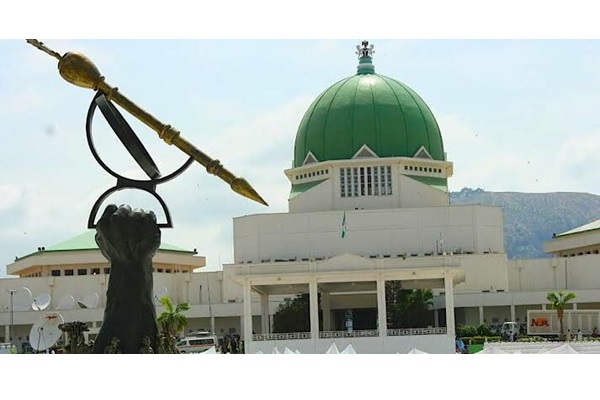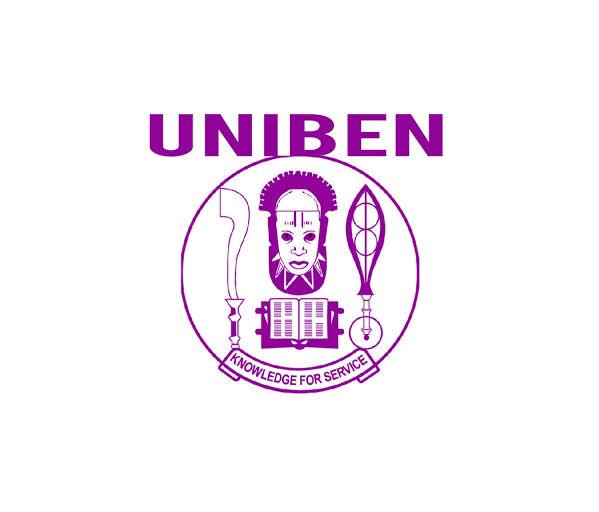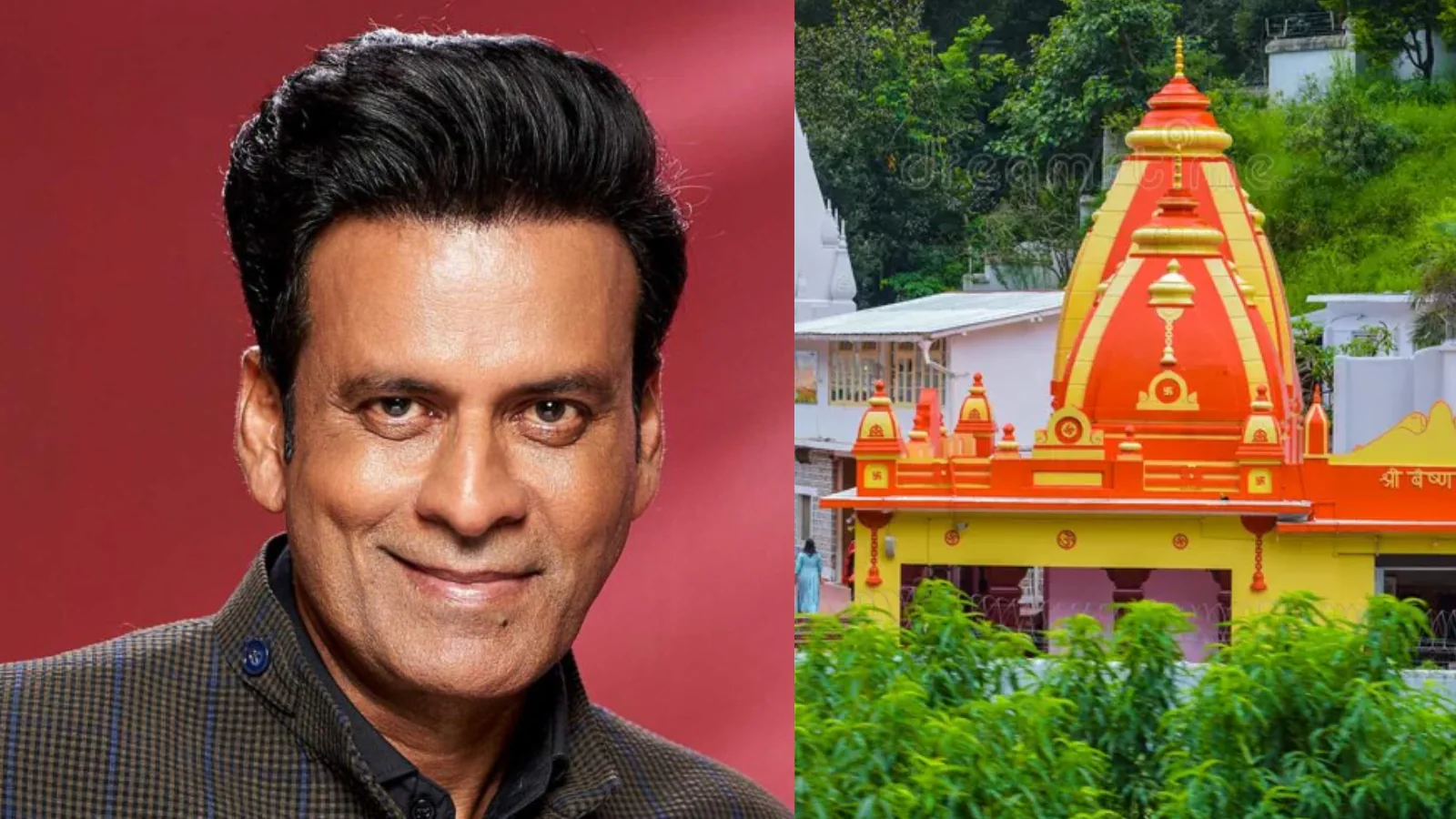By Our Reporter,The Nation
Copyright thenationonlineng

NASS has to exercise caution on its proposed law to regulate power sector
A newspaper report that the National Assembly (NASS) may scrap the categorisation of tariff bands in the power sector may sound good to the ears. But there is need to tread softly on the issue so that NASS does not compound an already bad situation.
The Nigerian Electricity Regulatory Commission (NERC) came up with the idea of categorisation, as a way of easing the cash flow problems being complained about by the electricity distribution companies (DisCos).
So, in April, last year, power consumers were categorised into four: Band A, Band B, Band C and Band D. Band A consumers are entitled to 20-24 hours power supply per day, Band B (16-20 hours), Band C (12-16 hours), Band D (8-12 hours) and Band E (4-8 hours) daily. Consequently, tariffs for Band A consumers jumped to N225 per kilowatt-hour from N68. It was later reduced to N209.50 while Bands B, C and D consumers pay N63, N48.53 and N43.27, respectively. Band E is currently suspended.
But virtually everyone in Band A has been groaning under the new tariff structure. Apparently, the noise has become too loud for the NASS to hear.
“We are going to review the issues surrounding electricity tariffs category like Bands A, B, C and D introduced by NERC because we have been inundated with petitions, letters, and requests from Nigerians and key sectors of the economy. The Electricity Reform Act never provided for such categorisation,” ‘The Telegraph’ quoted a lawmaker saying.
According to the newspaper’s report, the move is part of the ongoing amendment of the Electricity Act 2023 that will also establish a National Electric Power Policy Council to oversee policy alignment in the power sector.
We appreciate the lawmakers’ concern on the matter. But then, this is a matter in which they need to avoid playing to the gallery.
Read Also: Blackout in parts of Benin enters two weeks
If there is any newspaper that is largely opposed to the ‘modus operandi’, especially of the DisCos, our paper is it. Like millions of other Nigerians, we are equally disenchanted with their services and their opaque manner of operations. We are particularly disgusted with their unpreparedness to meter their customers, hence the huge metering gap of over 55 per cent in spite of the liberalisation of the sector since November 2013.
Indeed, we literally leapt for joy when the immediate past Buhari administration signed the Electricity Act 2023 (that replaced the obsolete Electric Power Sector Reform Act 2005) which empowers states, private entities, and local governments to generate, transmit, and distribute electricity independently. This has been improved upon by the incumbent Bola Tinubu administration.
Predictably, the DisCos cannot be comfortable with this potential game changer in the power sector and that has become evident with their fight with Enugu State Electricity Regulatory Commission (EERC) that has seized the gauntlet by fixing its own tariff structure for power consumers under its jurisdiction. The grouse is that EERC cannot determine the price of a commodity it does not produce.
We, like many other Nigerians saw this coming, especially against the backdrop of DisCos that are being spoonfed with subsidy despite their being largely private entities.
Still, we think there is need for caution in attempts to free Nigerians from the shackles of the DisCos.
The NASS should avoid being involved in minute details like banding but broad laws to regulate the sector. The details should be left for NERC.
Moreover, there is need for the Federal Government to review its agreement with the DisCos, whether in terms of investments, technical know-how, etc. The present arrangement is not working.
There must be conscious and sustained efforts to ensure every power generated does not go to the National Grid.
We therefore urge the NASS to conduct hearings with all the major stakeholders, including power consumers, before drafting the law.
We agree that the current template is still not delivering optimal results; yet we urge the NASS to make haste slowly so that the modest, even if fragile gains we have made, especially on the part of Band A power consumers would not be lost.
Yes, consumers in this band are paying through their nose, many admit they have been having fairly regular power supply.



